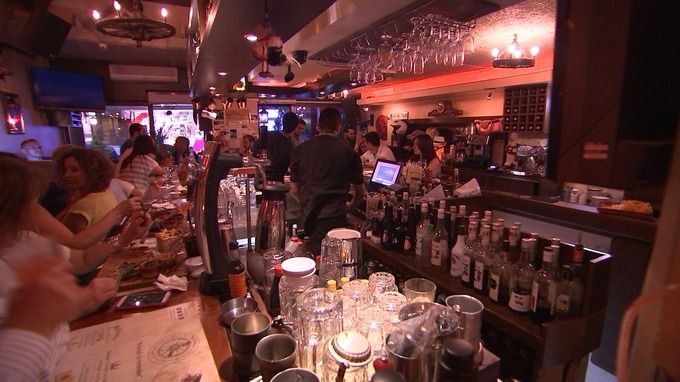
By Rageh Omaar – ITV
One of the books I read on Lebanon when I was first posted to the Middle East was called "A House of Many Mansions". I remember thinking what an intriguing and enigmatic title it was for a book about a country where the embers of a decades long civil war were still very much alive.
Written by the celebrated Lebanese historian Kamal Salibi, it is to this day, a title for the country which encapsulates the contradictions of Lebanon.
It’s a small country set in arguably the most volatile and turbulent region in the world – and yet its made up of a patchwork of ethnic and religious communities who have all been at war or estranged from each other for decades and yet – despite this they continue to share a common identity as Lebanese.
The Lebanese capital Beirut is only a two hour drive from the war-torn Syrian capital, Damascus and there are fears that Syria’s bloody conflict could spill over into Lebanon. Yet, as it has done so often in its recent past – and once again, against all the odds, it is remaining to stay together.
It continues to defy all the predictions, and it continues to be an intriguing and enigmatic place.
Despite a multitude of factors which suggest the country will fall apart, it remains intact.
It’s because of this that it was commonly said that if you wanted to take the political temperature of the Middle East – you needed to go to its capital Beirut where every community and faith in the region is represented.
The city’s sense of endurance has never been more important.
The country as a whole remains fragile, with the all-powerful Shia militia Hezbollah dominating the south of the country and being more militarily stronger than the Lebanese army – many argue that the group remains a key factor in why so-called Islamic State has not made strong inroads into Lebanon.
They have certainly tried.





